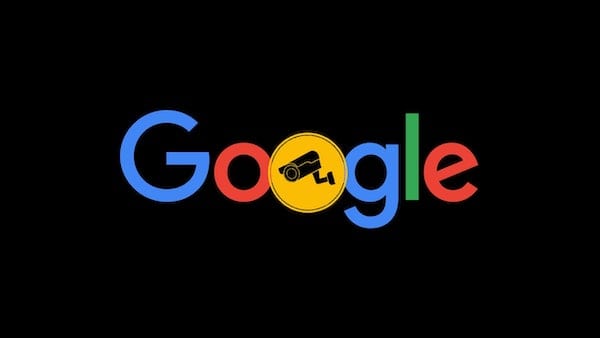As well as collecting your data, Chrome also gives Google a huge amount of control over how the web works
Despite a poor reputation for privacy, Google’s Chrome browser continues to dominate. The web browser has around 65 per cent market share and two billion people are regularly using it. Its closest competitor, Apple’s Safari, lags far behind with under 20 per cent market share. That’s a lot of power, even before you consider Chrome’s data collection practices.
Is Google too big and powerful, and do you need to ditch Chrome for good? Privacy experts say yes. Chrome is tightly integrated with Google’s data gathering infrastructure, including services such as Google search and Gmail – and its market dominance gives it the power to help set new standards across the web. Chrome is one of Google’s most powerful data-gathering tools.
Google is currently under fire from privacy campaigners including rival browser makers and regulators for changes in Chrome that will spell the end of third-party cookies, the trackers that follow you as you browse. Although there are no solid plans for Europe yet, Google is planning to replace cookies with its own ‘privacy preserving’ tracking tech called FLoC, which critics say will give the firm even more power at the expense of its competitors due to the sheer scale of Chrome’s user base.
Chrome’s hefty data collection practices are another reason to ditch the browser. According to Apple’s iOS privacy labels, Google’s Chrome app can collect dataincluding your location, search and browsing history, user identifiers and product interaction data for “personalisation” purposes. Google says this gives you the ability to enable features such as the option to save your bookmarks and passwords to your Google Account. But unlike rivals Safari, Microsoft’s Edge and Firefox, Chrome links this data to devices and individuals.
Although Chrome legitimately needs to handle browsing data, it can siphon off a large amount of information about your activities and transmit it to Google, says Rowenna Fielding, founder and director of privacy consultancy Miss IG Geek. “If you’re using Chrome to browse the internet, even in private mode, Google is watching everything you do online, all the time. This allows Google to build up a detailed and sophisticated picture about your personality, interests, vulnerabilities and triggers.”
When you sync your Google accounts to Chrome, the data slurping doesn’t stop there. Information from other Google-owned products including its email service Gmail and Google search can be combined to form a scarily accurate picture. Chrome data can be added to your geolocation history from Google Maps, the metadata from your Gmail usage, your social graph – who you interact with, both on and offline – the apps you use on your Android phone, and the products you buy with Google Pay. “That creates a very clear picture of who you are and how you live your life,” Fielding says.
As well as gathering information about your online and offline purchases, data from Google Pay can be used “in the same way as data from other Google services,” says Fielding. “This is not just what you buy, but also your location, device contacts and information, and the links those details provide so you can be identified and profiled across multiple datasets.”
Google’s power goes even further than its own browser market share. Competitor browsers such as Microsoft’s Edge are based on the same engine, Chromium. “So under the hood they are still a form of Chrome”, says Sean Wright, an independent security researcher.
Google’s massive market share has…
Read The Full Article at WIRED



